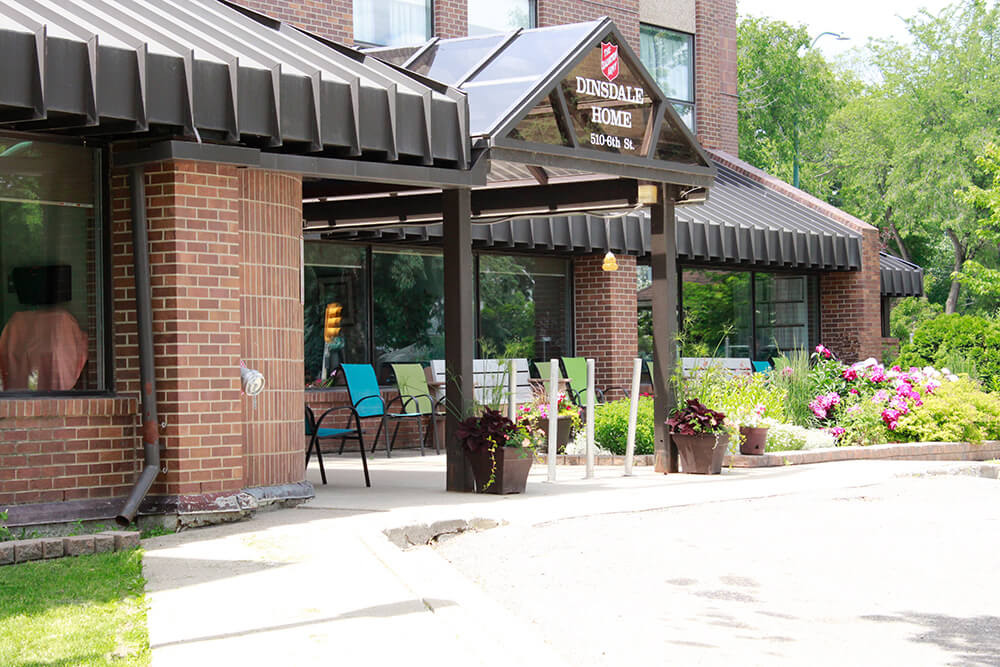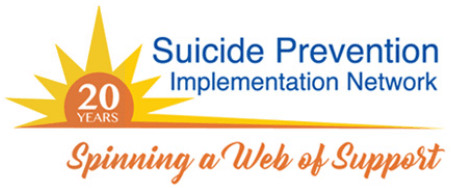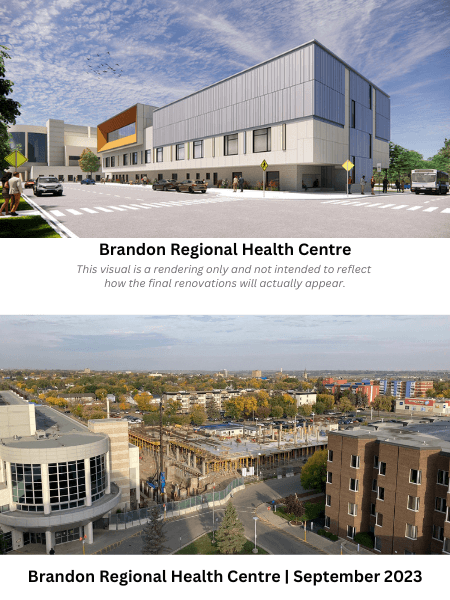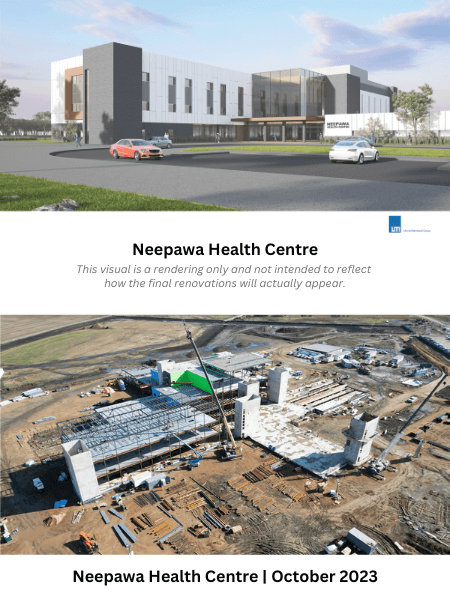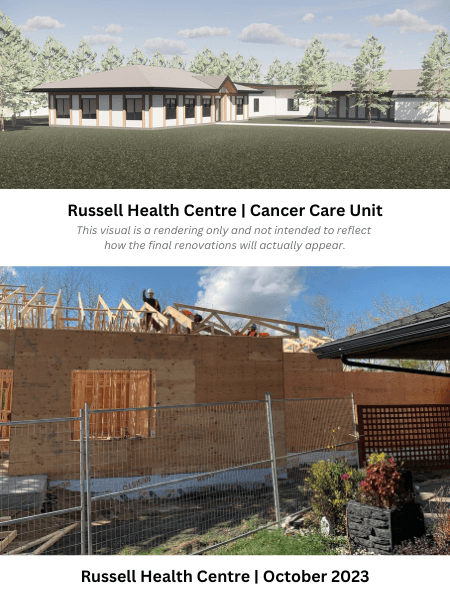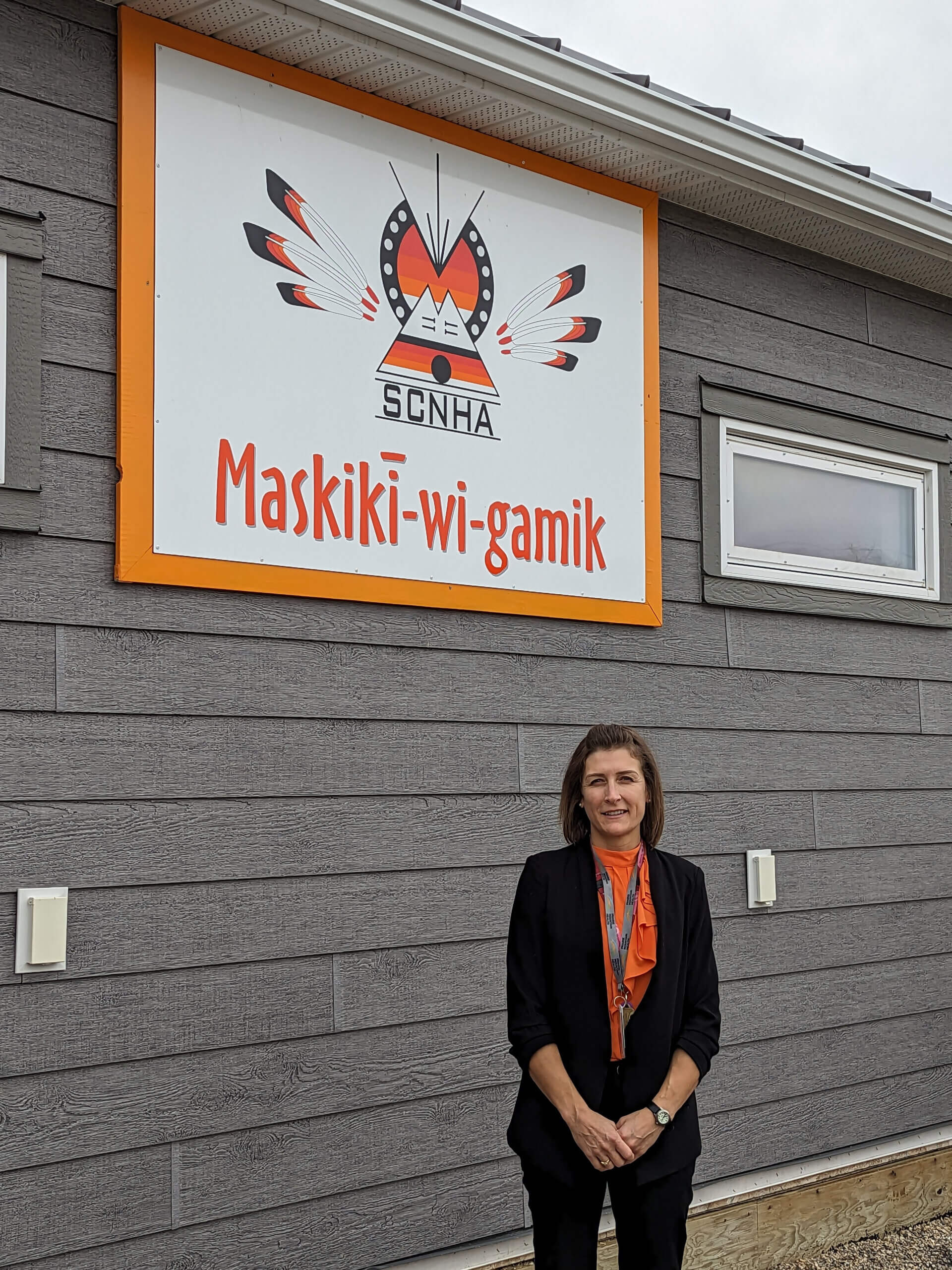Coping for December

It’s that time of the year again. Winter and the holiday season are upon us.
This holiday season can be a great time to reconnect with others, make family recipes for holiday dinners, and spread holiday cheer.
However, this time of the year can be very challenging: days are short with little daylight, finances get stretched to make holiday food and gift purchases, and routines change to attend holiday get-togethers.
So, how can we cope with these challenges during the holiday season?
There are a few suggestions on ways to cope during the busy holiday season1 2:
- Set boundaries and manage expectations– The holiday season can be busy and socially exhausting. To manage, you decide how the holiday season will look for you and delegate when you can.
- Recharge your batteries – Attending personal and professional holiday gatherings can be tiring. Take time to rest after social gatherings and understand that attending (or not attending) holiday gatherings is up to you. You could also be feeling left out from these gatherings over the holidays as well; this can be an opportunity to volunteer, take care of yourself, and work on building your community.
- Maintain healthy coping – The holidays can change routines and prevent you from using healthy coping. Try to maintain your healthy coping skills when it comes to eating, sleeping, and budgeting.
- Acknowledge grieving loved ones – Attending holiday social gatherings surrounded by your community may leave you missing loved ones. Talk about lost loved ones, acknowledge missing your loved one, take care of yourself, and create traditions that include your lost loved one.
Resources Across PMH

- PMH Employee Wellness Committee- The PMH Employee Wellness Committee promotes activities that keep employees well. Check out the webpage for information on celebrating our staff, healthcare worker recognition, Employee resources (Employee assistance plan, benefit plans, and BlueCross), and PMH Perks. Funding is also available through the PMH Employee Wellness Initiative. You can also send a coworker a token of appreciation for all they do by completing a Say It Card form.
- Mental health resources- Seek mental health support if you need it. If you are experiencing a mental health crisis, call the crisis lines. For adults north of Riding Mountain, dial 1- 866-332-3030 and south of Riding Mountain, dial 1-888-379-7699. If you are under 18, dial 1-866-332-3030 or in all PMH areas, dial 1-866-403-5459.
- Grief recovery- Working through grief is not something you need to do alone. There are grief support groups and resources available across Prairie Mountain Health.
- CBTm for Employees- If you are feeling stressed or overwhelmed and want to build skills to help you manage these feelings, there is also a program called CBTm for employees.
- Canadian Mental Health Association- British Columbia Division. (2023). 15 tips for holiday peace of mind and coping with grief this festive season. https://bc.cmha.ca/news/15-tips-for-holiday-peace-of-mind-and-coping-with-holiday-grief-this-festive-season/
- Canadian Mental Health Association- National Site. (2023). Five ways to protect your mental health from holiday stress. https://cmha.ca/news/five-ways-to-protect-your-mental-health-this-holiday/


